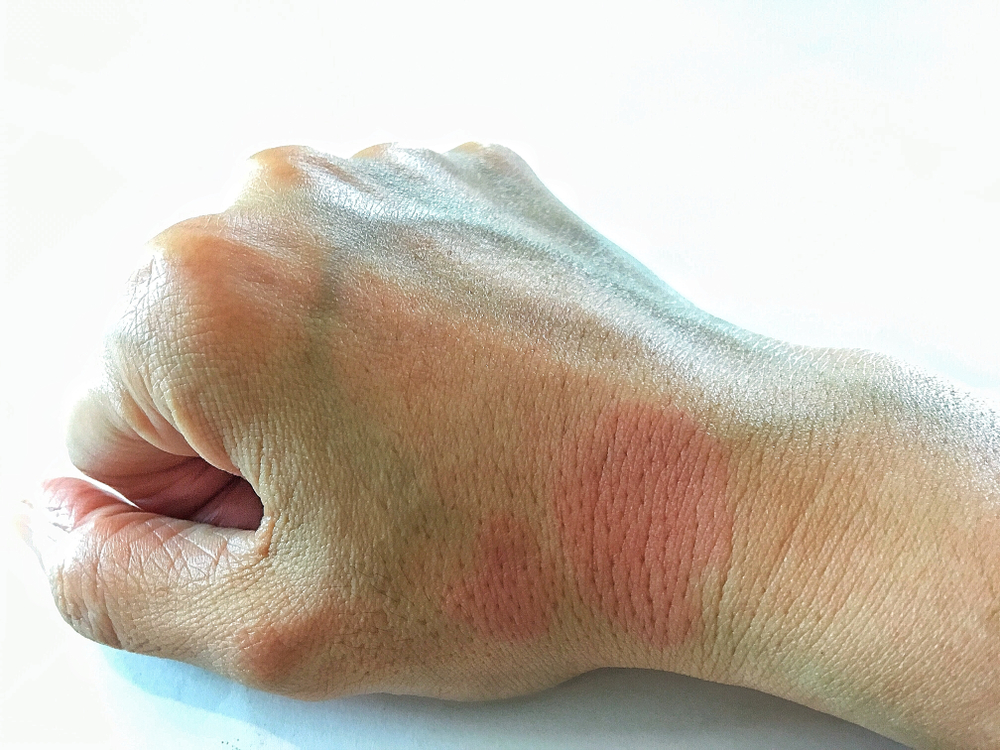
Heart disease
Studies have shown that there is a link between heart disease and low levels of vitamin D. Researchers say that people with severe vitamin D deficiency are more likely to die of heart failure and sudden cardiac than people with normal levels of this type of vitamin.
In addition, health experts say that there is not yet enough evidence to prove the fact that higher levels of vitamin D can improve your heart health. So, while vitamin D deficiency can make your heart disease symptoms worse, we can’t say that normal vitamin D levels will reduce the risk of heart disease.
Unfortunately, many people suffer from heart disease and there are a lot of factors that can cause it, such as genetics, diet, lifestyle and so on. First and foremost, heart disease can be treated if detected early, but you have to talk to your doctor about your heart health.
And if you want to find out more info about this topic, here are 15 Healthy Heart Tips Cardiologists Follow, 7 Symptoms That May Signal Heart Trouble and 8 Heart Attack Risk Factors Every American Should Know.

Lupus
As we said at the beginning of this article, there are some diseases or treatments that impede people from exposing their bodies to the sun so as not to aggravate the symptoms or reduce the effect of a specific treatment – and lupus is one of these diseases.
However, due to the fact that people who suffer from lupus are advised to avoid sun exposure and have to take corticosteroids (which decrease the levels of vitamin D), patients are also prone to vitamin D deficiency. A recent study has shown that patients who suffer from lupus but have normal levels of vitamin D are less likely to develop complications.
Lupus is a chronic inflammatory disease that occurs when your immune system attacks your own tissues and organs, such as skin, joints, kidneys, blood cells, lungs, heart and blood cells. Being a chronic disease, this can’t be totally cured, but treatments can help you control the symptoms.
The most common factors that cause lupus are genetics, infections, drug addiction, and of course, sunlight. Just like any other illness, symptoms vary from person to person and they can range from mild to severe.
So, if you want to find out more info about lupus, you can take a look at these articles: Lupus: 11 Silent Symptoms You Can’t Ignore and 9 Common Things That Can Trigger Lupus.

























